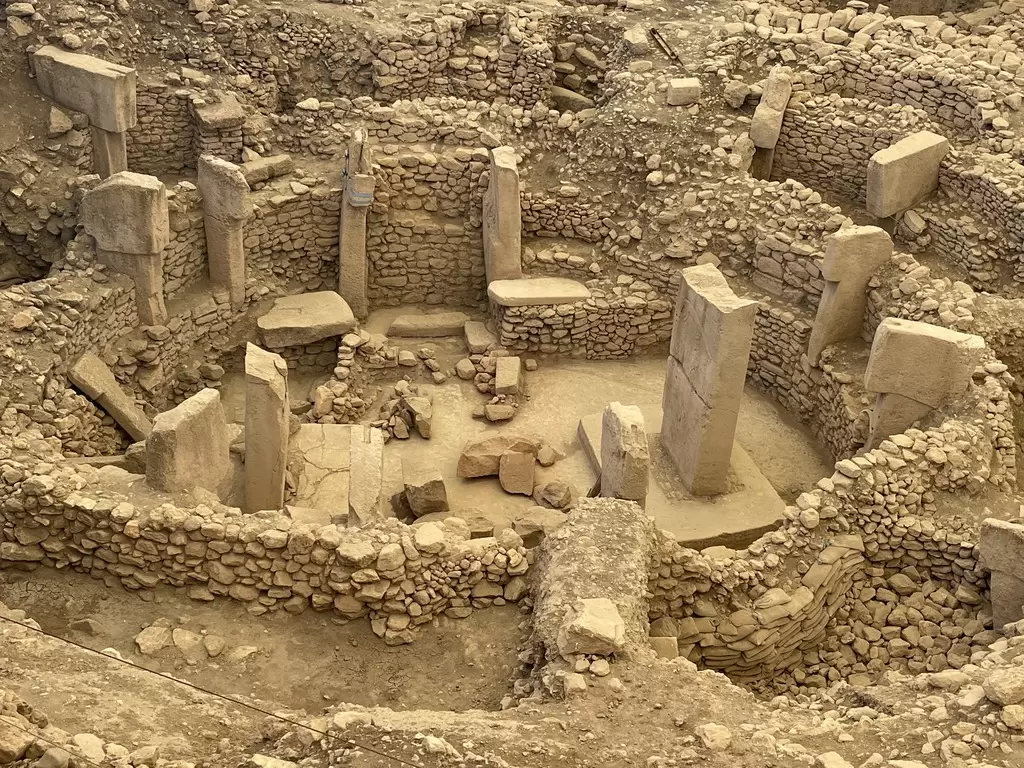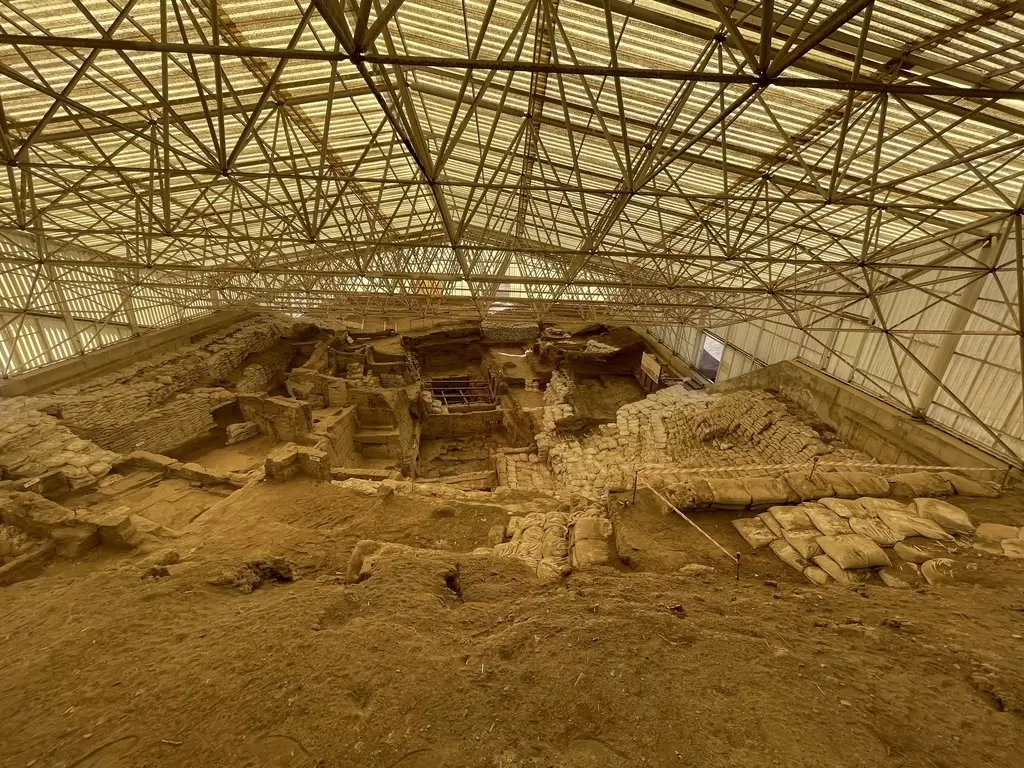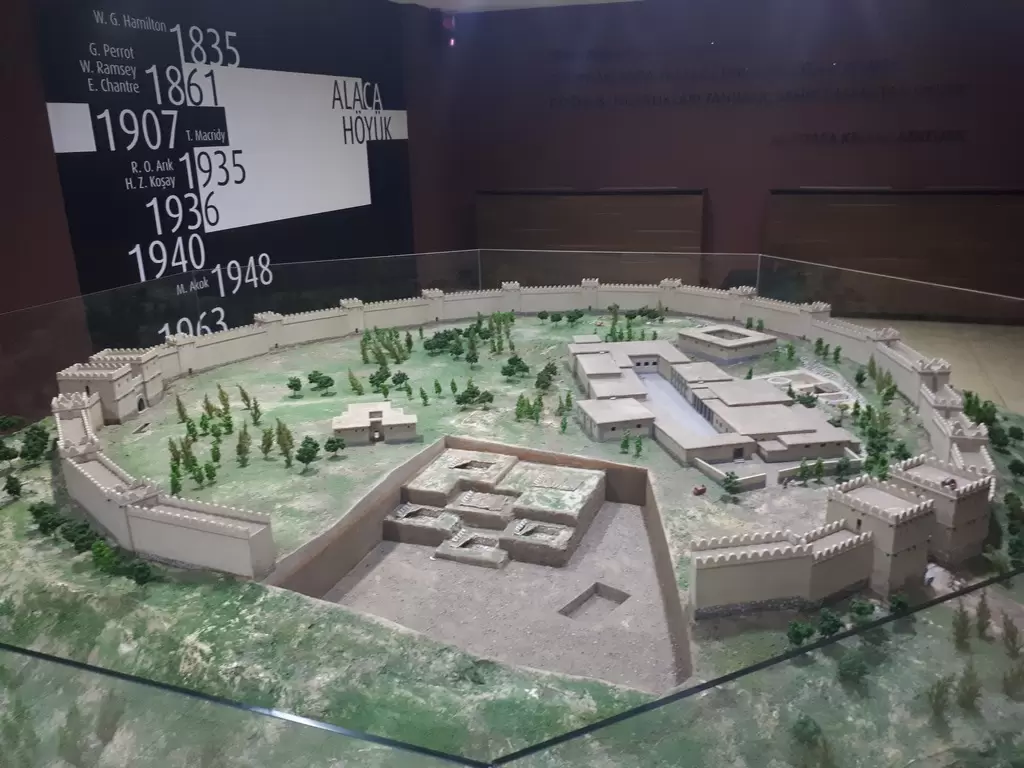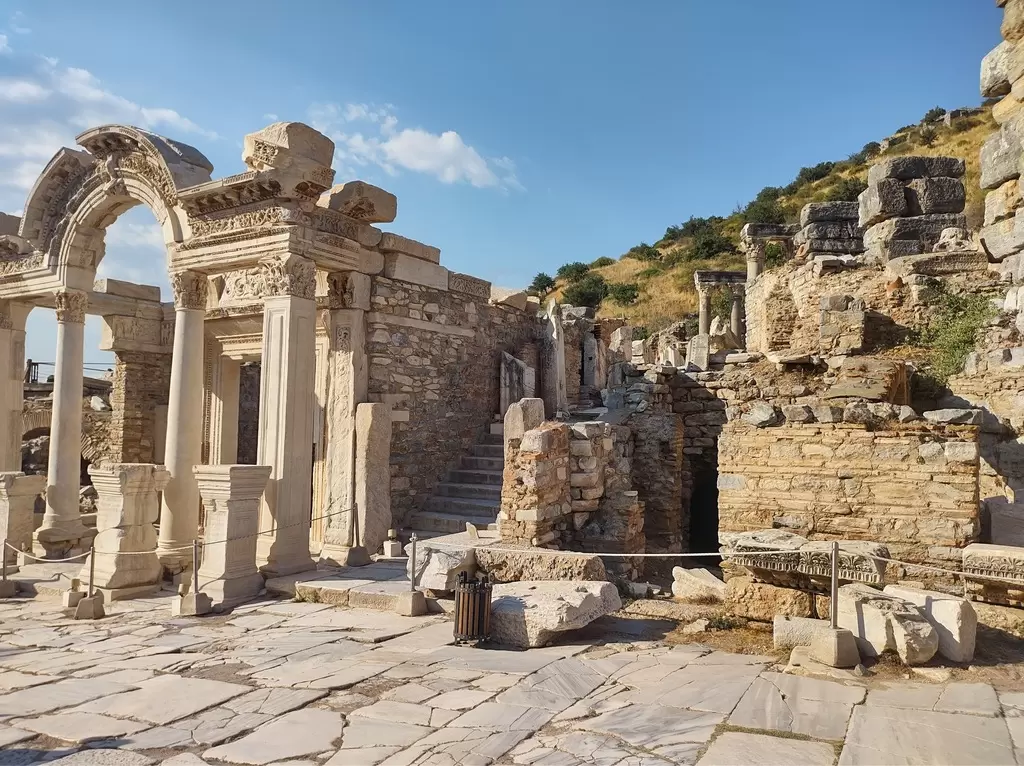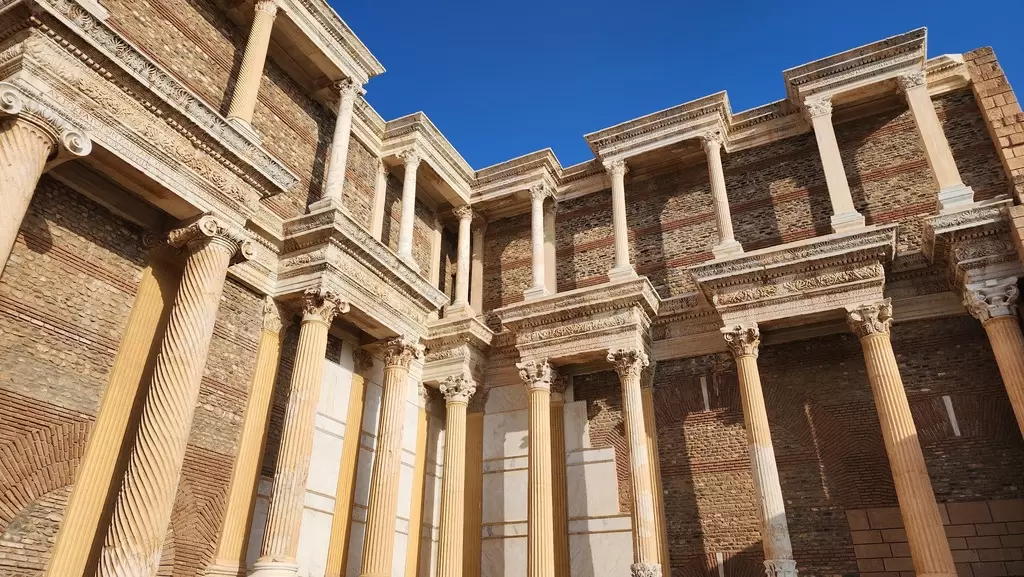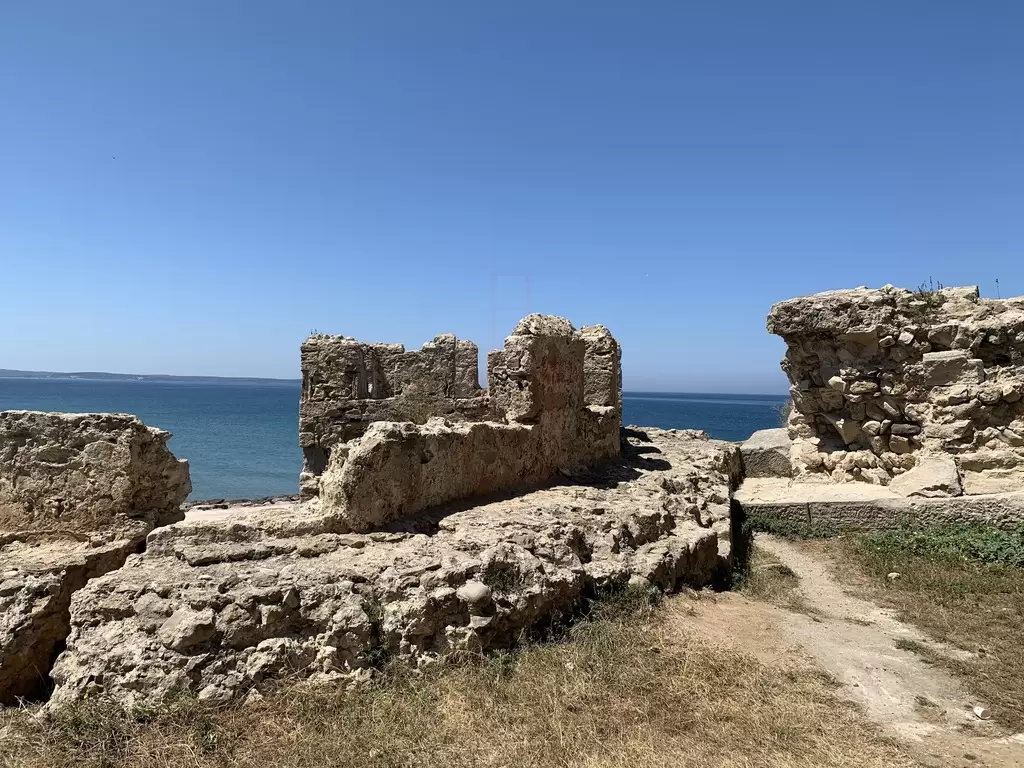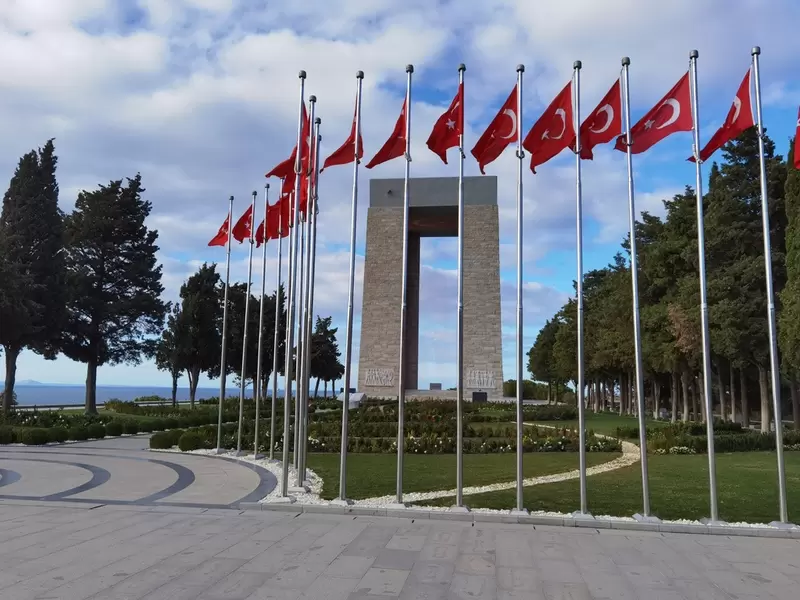
The Turkish War of Independence, fought between 1919 and 1923, was a crucial period in Turkish history that marked the transition from the Ottoman Empire to the Republic of Turkey. The war was largely a response to the disintegration of the Ottoman Empire after World War I and the subsequent occupation of Anatolia by Allied forces, particularly the Greeks, Armenians, and French.
Following the Armistice of Mudros in October 1918, the Allies began occupying key strategic areas in Anatolia, raising fears of partitioning the region. In response to this threat, Mustafa Kemal Atatürk emerged as a leading figure in the nationalist movement. He rallied support from various factions, including military leaders, local communities, and intellectuals, advocating for a unified Turkish front against foreign occupation.
The national movement gained momentum with the establishment of the Turkish Grand National Assembly in April 1920 in Ankara, which served as a legislative body representing the interests of the Turkish people. Atatürk and his colleagues worked tirelessly to organize resistance, mobilizing troops and resources to confront the occupying forces.
Key battles defined the War of Independence. The Battle of Sakarya, fought in 1921, was a significant turning point, where Turkish forces successfully repelled a Greek offensive, marking a shift in momentum. This victory bolstered morale and support for the nationalist cause. The final phase of the war culminated in the Battle of Dumlupınar in August 1922, where Turkish forces decisively defeated the Greek army, leading to the liberation of Izmir and the retreat of Greek troops.
The war also involved diplomatic efforts to secure international recognition of Turkey's sovereignty. The Treaty of Lausanne, signed in 1923, recognized the boundaries of the new Republic of Turkey and marked the end of the conflict. This treaty not only secured territorial integrity but also established the foundation for a modern nation-state.
The War of Independence was significant not only for its military achievements but also for the socio-political changes it initiated. Under Atatürk’s leadership, the country underwent extensive reforms aimed at modernizing and secularizing Turkish society. The establishment of the Republic of Turkey on October 29, 1923, marked the culmination of these efforts, with Atatürk becoming its first president.
The War of Independence remains a source of national pride and identity for modern Turkey, symbolizing the struggle for freedom, unity, and self-determination. It laid the groundwork for the republic's secular and democratic principles, shaping the trajectory of Turkish history in the 20th century and beyond.








